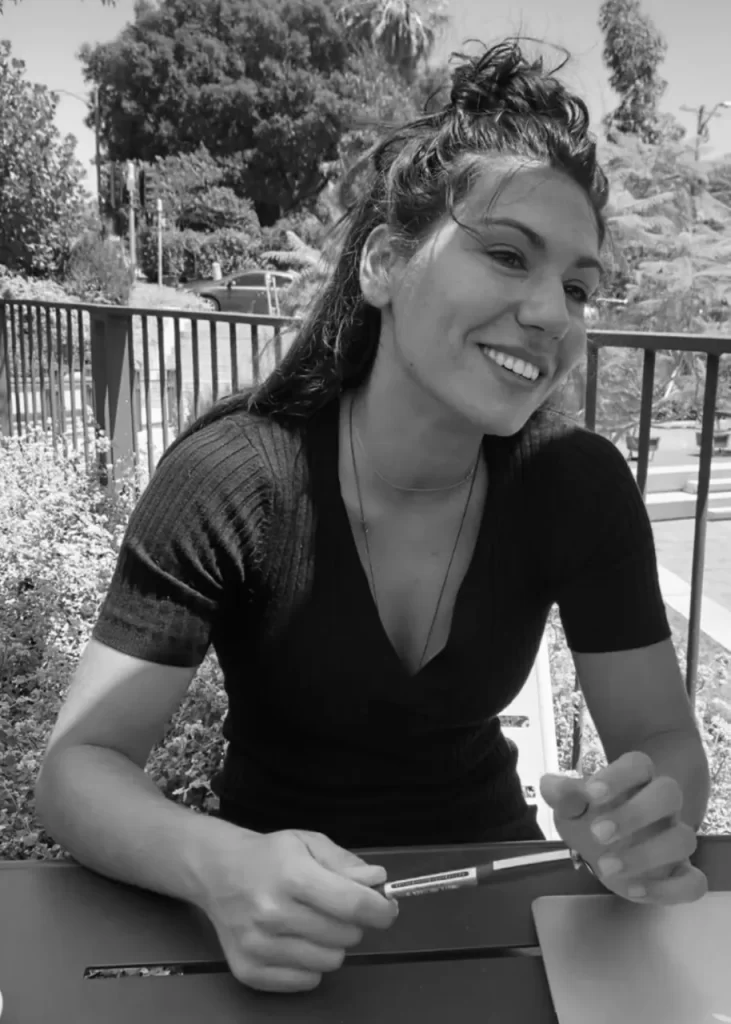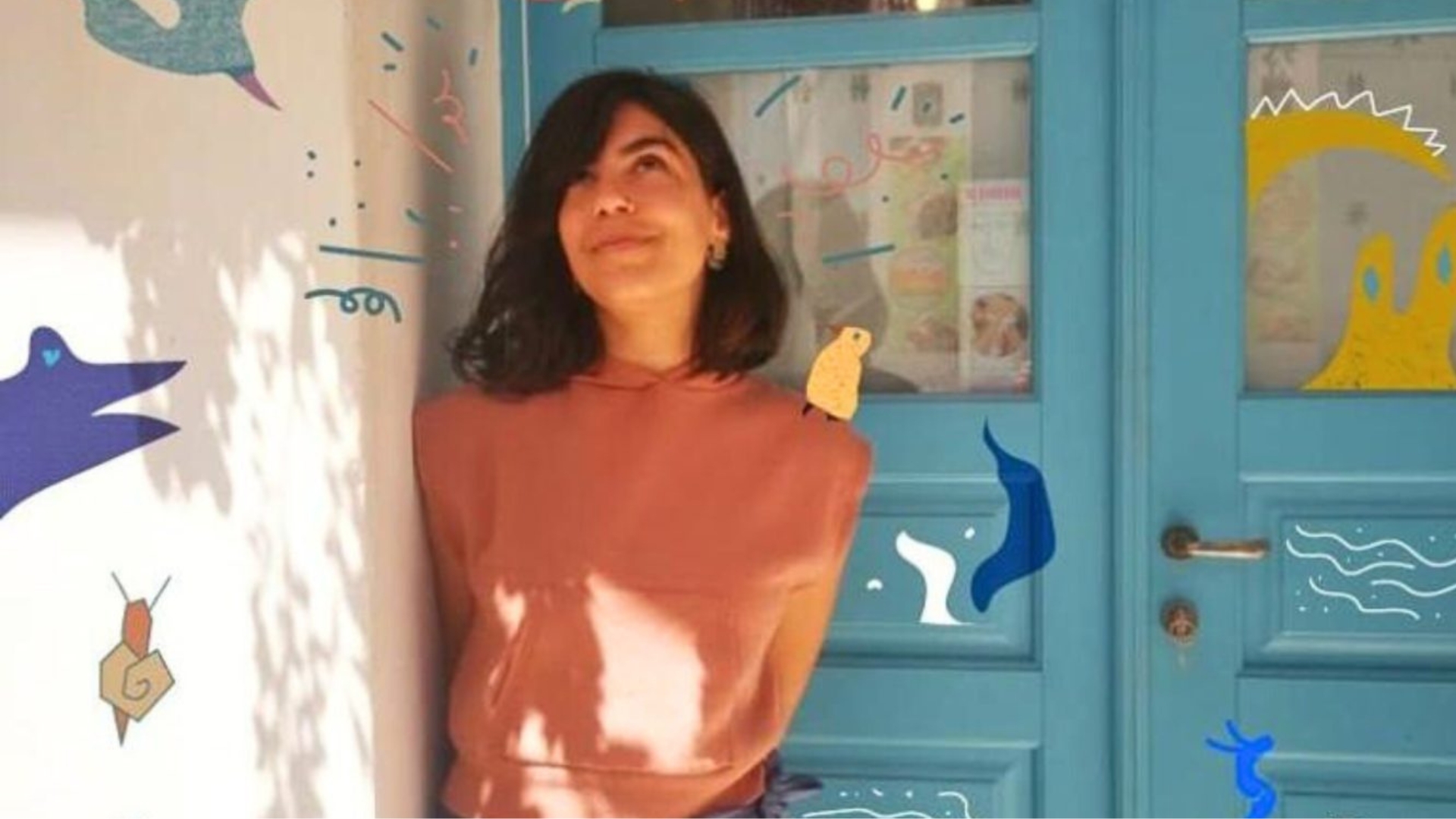PhD student, Eva Boleti, is on a quest to uncover Greek migrant stories in Australia as part the Opening the Multilingual Archive of Australia’ (OMAA) project by the University of Sydney.
The project aims to rewrite perceptions of Australia’s historical narrative and put together non-English language resources to re-examine the countries migrant and settler history.
As a recipient of the Faculty of Arts and Social Sciences Postgraduate Research Scholarships, Eva supports the OMMA project, along with a team of academics. Together, the researchers trace the Greek diaspora “to rewrite perceptions of Australia’s historical narrative” and cultural landscape.
The OMMA explores and examines different languages in Australia and how people engage with and think of themselves as ‘Australian’ – or not, according to the Faculty of Arts and Social Sciences.
In an interview with The University of Sydney, Eva said, “We are all immigrants – exploring, discovering and innovating landscapes.”
Understanding Australia requires more than knowledge of the English language and has been multilingual in a variety of ways since it was populated by humans.
As a researcher, Eva discovers repositories from the State Library of New South Wales, uncovering a variety of primary Greek language sources.
“The material goes back to the first Greek convicts in the 1830’s, manuscript diaries from the boats, schoolwork of freshly arrived immigrant children and letters from the Bonegilla migrant camp in Victoria,” Eva shares. “Each passing day brings forth a fantastic tapestry of stories.”
Born and raised in Athens, Eva is a Greek educator with a passion for clay sculpture, lighting, writing, and languages. Eva’s grandparents were two of the many early Greeks who traveled by boat to Australia and she has followed in their footsteps, moving to Sydney in recent years.

As a PhD candidate in Modern Greek and Byzantine Studies, School of Languages and Cultures, Eva focuses on immigration, storytelling, community, homemaking and ethnography in researching for the OMAA project. She is also an arts teacher to children from Aboriginal and Torres Strait Islander communities in remote Western Australia.
“In addition to the First Peoples of Australia, the multiculturalism and multilingualism brought by immigrants play a crucial role in shaping the character of this nation,” Eva says.
“Through thorough research on immigrant communities, we can gain valuable insights into the intricate relationship between Australia’s identity and its historical evolution.”
The project seeks to bolster this recognition by furnishing genuine historical evidence, Eva notes.
“It honours the invaluable role played by immigrants in shaping the nation’s identity.”
Read more: Henry Gissing’s diaries vividly recount ANZAC life on Lemnos and Gallipoli
Source: The University of Sydney
